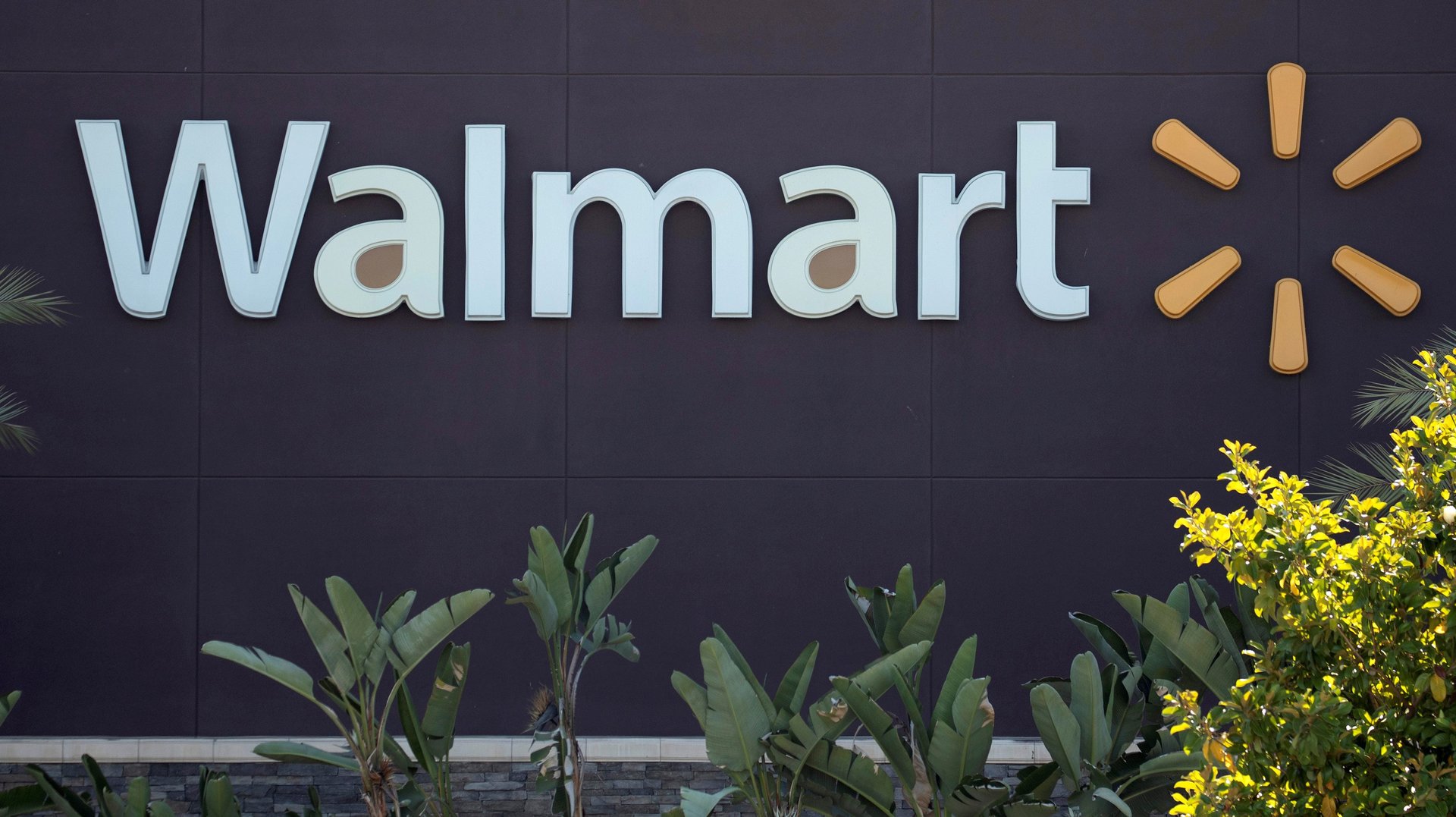There’s a new boycott of Walmart, and this one won’t work either
It’s not often that a giant public company calls a US senator a sore loser on social media. So it drew a lot of notice when Walmart, the largest retailer in the US, lashed out at republican Josh Hawley of Missouri on Twitter.


It’s not often that a giant public company calls a US senator a sore loser on social media. So it drew a lot of notice when Walmart, the largest retailer in the US, lashed out at republican Josh Hawley of Missouri on Twitter.
Hawley tweeted he would not certify the results of the US presidential election Jan. 6 because he believed some states did not follow their own election laws, although there has been no evidence of fraud or irregularities. Hawley’s move will force what’s likely to be a drawn-out debate. ”Go ahead. Get your 2 hour debate. #soreloser,” Walmart replied to Hawley on Twitter.
Walmart quickly deleted the tweet and apologized, explaining that a social media manager inadvertently sent the tweet from the Walmart account instead of their own personal account. But it wasn’t able to act before Hawley struck back and calls for a boycott of Walmart began to appear.
Walmart was probably not fazed. The company has been the target of repeated calls for boycotts over the years. In the past they’ve often focused on Walmart’s treatment of labor. In the past two years in particular, they’ve generally reflected the partisan anger that can easily surface online. But they rarely materialize into full-fledged boycotts in any significant form, and if they do, they’re not having any evident effect on the retailer, whose US sales have continued their steady growth.
In July 2018, Trump supporters made noise about a boycott after a group noticed baby clothes with “Impeach 45″—a reference to Trump as the 45th president—selling on Walmart’s third-party marketplace.
The following August, following a deadly shooting targeting Latinos in a Walmart store in El Paso, Texas, new cries for a boycott arose among proponents of stricter gun control when Walmart initially said it was making no change to its policy on gun sales.
A month later, Walmart announced it would cease selling certain ammunition and stop sales of handguns in Alaska, marking its total exit from the category. This time pro-gun commenters threatened a boycott.
During this time, Walmart’s business, which rests on sales of products such as groceries and basic necessities, carried on all the same. Its US sales have increased every quarter for years on end, and even accelerated as the pandemic hit, prompting shoppers to stock up on household goods from canned foods to cleaning products.
That’s unlikely to change now, regardless of any mishaps on Twitter.